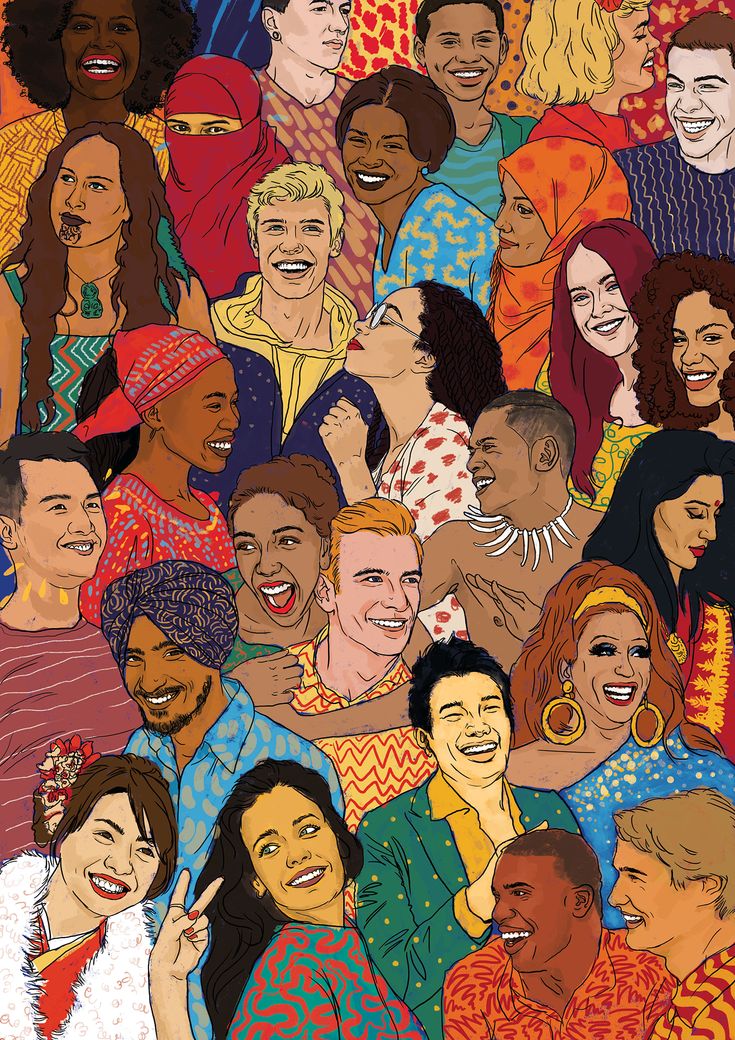By Adedeji Gideon
The age-old debate of School vs Education has persisted for decades, with valid arguments on both sides. However, in my view, education is vastly superior to the traditional school system.
You would agree with me, that the core purpose of education is to impart knowledge, cultivate critical thinking, and prepare individuals for the challenges of the real world, yes? However, the present-day school system has become increasingly focused on standardized testing, role memorization, and teaching to the test, all perfunctory as opposed to the impact of education in itself. This quite narrow approach fails to truly engage students or foster a genuine love of learning, one that aids the students in applying theory to real life situations. The rigid structure and one-size-fits-all curriculum of schools not only impairs creativity, but also, individuality, and the unique learning styles of students. Many students find themselves uninterested with the conventional educational process, rather simply going through the motions to earn a diploma rather than genuinely expanding their horizons, or building intellectual stamina.
Education in contrast, when approached with passion and genuine interest, can be a transformative experience. By taking control of our own learning, we can:
1. Tailor learning to our specific interests, needs, and learning styles, enabling us to be able to develop expertise in areas that really matter, rather than being constrained by a rigid curriculum. This allows for flexibility and personalization leading to a more fulfilling and impactful educational journey.
2. Cultivate a mindset of continuous learning and growth, thus equipping ourselves with the skills and adaptability to navigate an ever-changing world. This is in contrast to the school system’s focus on merely attaining a degree or certificate, which leads to an erroneous conclusion that learning ends after formal schooling.
3. Acquire a more direct connection to the skills and knowledge required in the modern workforce and entrepreneurial landscape- the real world, by focusing on practical applications and problem-solving.
4. Engage in collaborative learning, where we can learn from one another, sharing ideas, and working together to solve complex problems. This allows for the development of valuable interpersonal, quality relationships and teamwork skills, in contrast to the mostly competitive environment of the school system.
5. Nurse and nurture a lifelong passion for continuous growth and development in our areas of passion, leading to greater fulfillment and a more enriching personal and professional journey.
The world today is experiencing a rapid pace of technological and societal change, which in turn demands a flexible, adaptable approach to learning. The stoic and conventional nature of the school system struggles to keep up with these evolving demands, whereas education empowers individuals to continuously learn, grow, and adapt throughout their lives. Of course, the place of the school system cannot be discussed away, as it serves an important role in providing a structured foundation and avenue for access to educational resources for many students. However, in a new world, where information and educational opportunities are more readily available, and easily accessible than ever before, an aftermath of the concept of globalization, the case for prioritizing self-directed education over the constraints of the traditional school model becomes increasingly compelling, and the tide is seeming to favor the corner.
Indeed the school system has its merits, but education, with its emphasis on personalized learning, critical thinking, and lifelong development, is the superior path to unlocking one’s full potential and preparing for the challenges of the modern world. In the long run, the choice between school and education is ultimately a personal one, one must carefully decide the route to satisfy the unique demands of their chosen paths.


